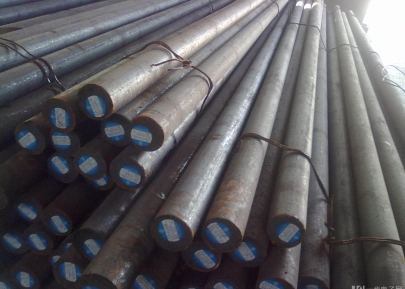Unlocking the Power of Die Base: Why Copper Blocks Are Essential for Precision Manufacturing
In the realm of precision manufacturing, the choice of materials plays a crucial role in determining the final output's quality and durability. Among these materials, die bases made from copper blocks stand out for their unique properties and applications. This article will delve into the significance of copper blocks in the industry, explore the benefits they offer, and examine factors such as copper roofing sheets and copper block texture.
What is a Die Base?
A die base is a fundamental component in the manufacturing process. It serves as a platform for various die tools that form, cut, or shape materials. Understanding die bases is essential to comprehending their importance in the overall manufacturing cycle.
Why Choose Copper for Die Bases?
- Excellent Conductivity: Copper is renowned for its high electrical and thermal conductivity.
- Durability: Copper blocks are resilient and can withstand heavy wear and tear.
- Corrosion Resistance: Copper offers natural resistance against corrosion, enhancing its longevity.
Copper Blocks: Key Properties
When discussing copper blocks used in die bases, several properties are critical:
| Property | Description |
|---|---|
| Conductivity | Superior electrical and thermal performance. |
| Density | High density allows for improved weight distribution. |
| Machinability | Easy to machine into complex shapes. |
Applications of Copper Blocks in Manufacturing
Copper blocks find application across various industries:
- Aerospace: Used in high-precision components.
- Automotive: Essential for creating intricate parts.
- Electronics: Utilized in heat exchangers and connectors.
Comparing Copper Blocks with Other Materials
It's essential to weigh copper blocks against alternatives such as aluminum and steel:
| Material | Conductivity | Cost |
|---|---|---|
| Copper | High | Higher |
| Aluminum | Moderate | Lower |
| Steel | Low | Lowest |
Economics of Copper Blocks in Die Manufacturing
While the initial cost of copper blocks may be higher, their durability and performance can lead to significant cost savings in the long run. Manufacturers can often offset initial investments through reduced maintenance and longer product lifespans.
Copper Roofing Sheets: A Related Application
Beyond die bases, copper roofing sheets also leverage the properties of copper. This showcases the flexibility and utility of copper in various applications.
The Impact of Copper Block Texture
Copper block texture can significantly affect the performance and aesthetics of end products. A finely textured surface often ensures better adhesion and bonding in manufacturing applications.
Challenges and Considerations
Despite their benefits, it's crucial to be aware of potential drawbacks:
- Cost: As mentioned earlier, copper can be pricier than alternatives.
- Weight: Copper's density can make it heavier.
Future Trends in Copper Block Usage
The demand for high-performance materials continues to rise. Innovations in copper alloy developments and manufacturing techniques offer promising avenues for enhanced applications in die bases.
Key Takeaways
- Copper blocks provide unmatched thermal and electrical conductivity.
- They are highly durable, making them ideal for die bases.
- Cost considerations balance against long-term savings.
- Texture impacts performance and application suitability.
FAQs
What are the primary uses of copper blocks in precision manufacturing?
Copper blocks are primarily used in die bases, although they are also utilized in electronics and aerospace components.
How do copper blocks compare to aluminum blocks?
Copper blocks generally offer better conductivity but at a higher cost than aluminum blocks.
Can copper blocks be recycled?
Yes, copper is highly recyclable, making it an environmentally friendly option.
Conclusion
Copper blocks are indispensable in the sphere of precision manufacturing, thanks to their excellent properties and durability. Although they come with a higher price tag, their long-term benefits make them a worthwhile investment. As technology advances, the versatility of copper will likely see even greater applications, reinforcing its position as a material of choice in the industry.



